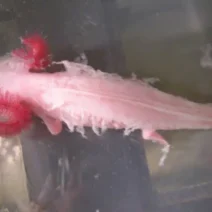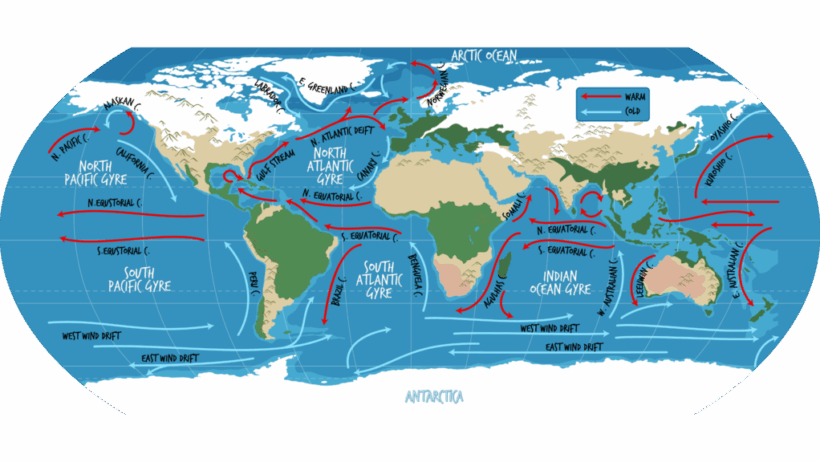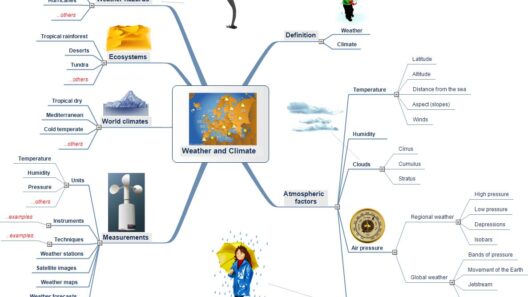As we gaze upon the intricate tapestry of our planet, an unsettling thought emerges: what happens to Earth when humanity’s incessant pursuits alter the very fabric of our climate? Imagine a world where once-verdant landscapes transform into barren deserts, where flora and fauna struggle to adapt amidst unprecedented temperatures. The challenge we face is monumental, yet it offers an opportunity for reflection and, ultimately, a call to action.
To understand the profound changes that climate change will wreak upon our planet, we must first interrogate the driving forces behind it. Human activities, notably the combustion of fossil fuels, deforestation, and industrial processes, have led to an accumulation of greenhouse gases in our atmosphere. This phenomenon enhances the greenhouse effect, which traps heat and results in global warming. A question arises: can humankind muster the will to mitigate these emissions before the consequences become irrevocable?
One immediate consequence of climate perturbation is sea-level rise. Glaciers and polar ice caps are melting at alarming rates, contributing to rising seas that threaten coastal communities worldwide. Estimates suggest that by 2100, global sea levels could rise by as much as three feet if current trends continue. Envision yourself in a future where iconic cities such as New York, Miami, or London are permanently altered. Chow down on that existential uncertainty for a moment: how might the sinking of these metropolises affect global economies and cultural identities?
With crumbling coastlines and the salinization of freshwater resources, there presents a dire conflict over water scarcity. Declining freshwater sources will exacerbate tensions among states and nations. Plagued by drought cycles of increasing ferocity, regions like the American West and parts of Sub-Saharan Africa may find their very existence challenged. Can societies adapt to these water shortages, or will desperation lead to sociopolitical strife?
Beyond the realms of human habitation, ecosystems will also face tumultuous upheaval. Biodiversity is essential for ecological stability, yet altered climatic conditions impose a daunting challenge to its preservation. Species unable to adapt or migrate may face extinction, leading to cascading effects throughout their ecosystems. The polar bear, for instance, teeters on the brink, as melting Arctic ice erodes its habitat. What happens when keystone species disappear from the biome? One could wonder: is it merely a loss of biological diversity, or a harbinger of a systemic collapse?
The intricate interplay of climate change extends beyond individual species to entire ecosystems—forests, wetlands, and oceans. Forests act as carbon sinks, absorbing CO2 and regulating the climate. However, as temperatures rise and pests proliferate, these forests become increasingly susceptible to wildfires. Mega-fires that obliterate vast areas of forest land not only release stored carbon but also obliterate habitats. How do we, as custodians of this planet, ensure the resilience of these ecosystems in an era dominated by climate instability?
Furthermore, the oceans—the lifeblood of our planet—are not immune to this transformation. Ocean acidification, caused by increased CO2 absorption, jeopardizes marine life. Coral reefs, often termed the “rainforests of the sea,” are dying at unprecedented rates, signaling a profound disturbance within marine ecosystems. Would you care to ponder the ramifications of collapsing coral reefs on global fisheries and the communities that depend on them? The ripples of such an event would undoubtedly traverse the oceans and land, impacting food security and livelihoods.
Climate change also presents unique challenges to agriculture, the cornerstone of human sustenance. Shifts in climate zones will afflict crop yields, necessitating the adaptation of agricultural practices. Extreme weather events such as hurricanes, floods, and droughts can obliterate harvests in a matter of days. How will we feed an ever-growing global population when our agricultural systems could become increasingly volatile? It demands innovative solutions and adaptive strategies from policymakers, scientists, and farmers alike.
The question of health cannot be overlooked either. As temperatures rise, the prevalence of heat-related illnesses and vector-borne diseases will likely escalate. Regions previously untouched by malaria or dengue fever may find themselves vulnerable as changing climates expand the habitats of disease-carrying insects. In such scenarios, the question looms large: can healthcare systems evolve fast enough to meet these new challenges?
The effects of climate change are complex, interwoven threads that touch every aspect of human existence and the natural world. The challenge beckons us to harness the power of collective action, innovation, and resilience. It compels industries to transition to renewable energy sources, encouraging sustainable practices that can mitigate emissions. We need to foster a societal shift in perspective—viewing the planet not as an infinite resource but as a delicate account requiring stewardship.
To pivot towards a more sustainable future, individuals, communities, and governments must engage in meaningful dialogue and collaborate to forge solutions. Could that be the catalyst for a new era in which economic development coexists harmoniously with ecological preservation? The complexity of this challenge also calls for inclusivity; marginalized communities, often the first to suffer the consequences of climate change, must have a seat at the table.
As we stand on the precipice of potential transformation, it is crucial to heed the clarion call of climate activism. The time to act is now. By embracing a holistic approach to tackling climate change, humanity can reshape its future and work toward a restored planet. The question remains: are we willing to rise to the challenge and redefine our relationship with this Earth we call home?







